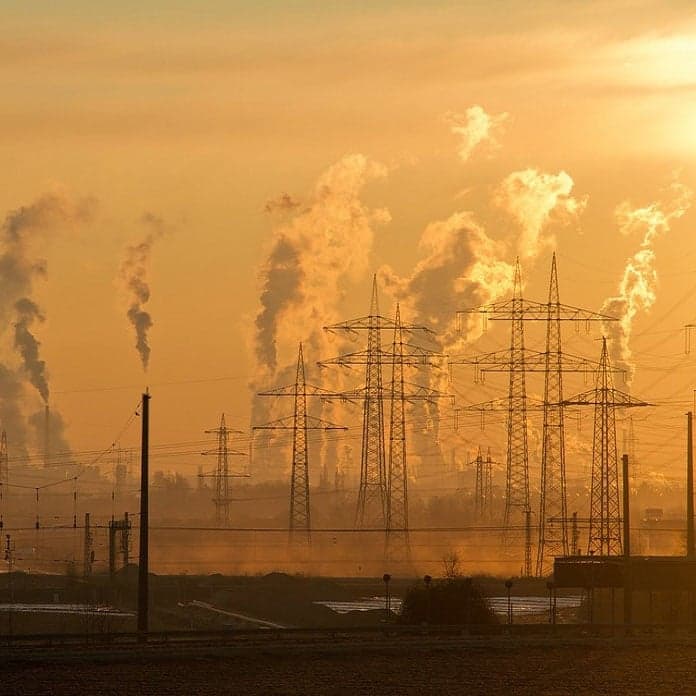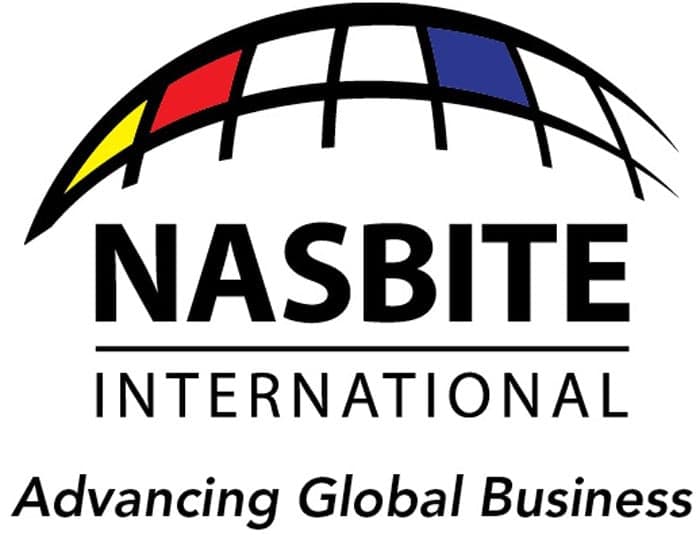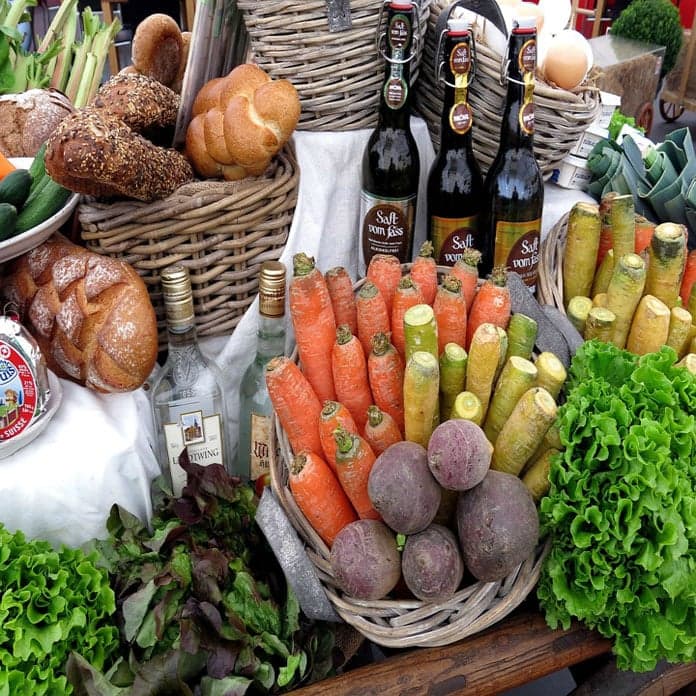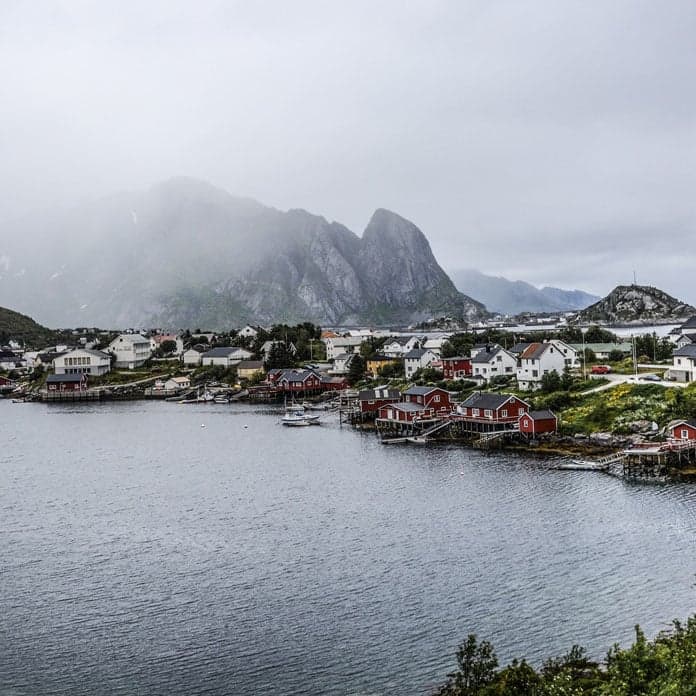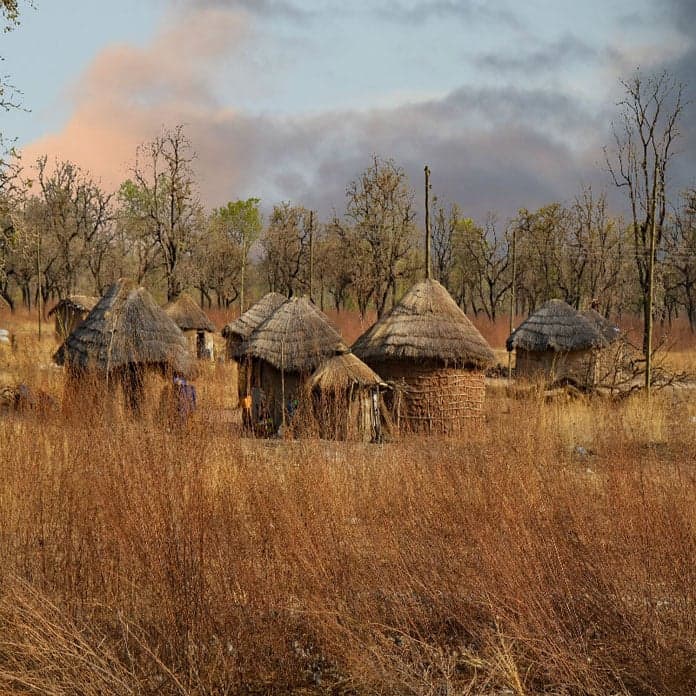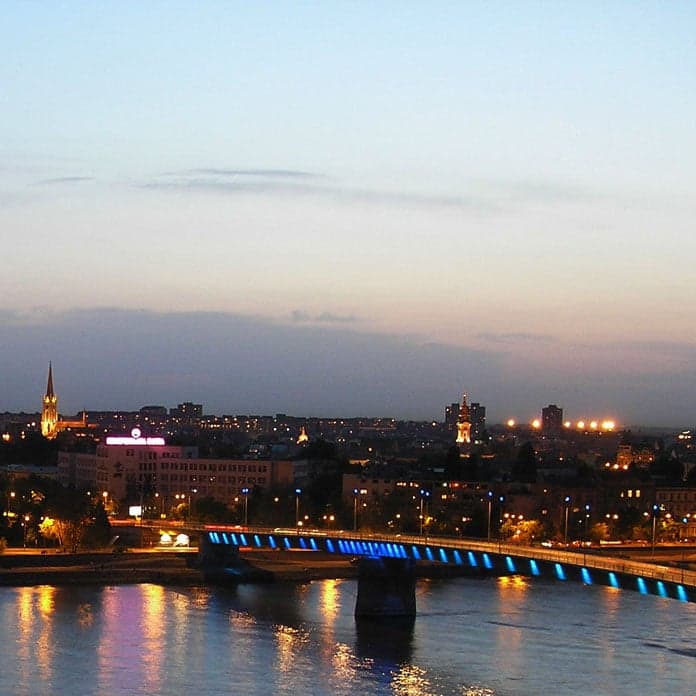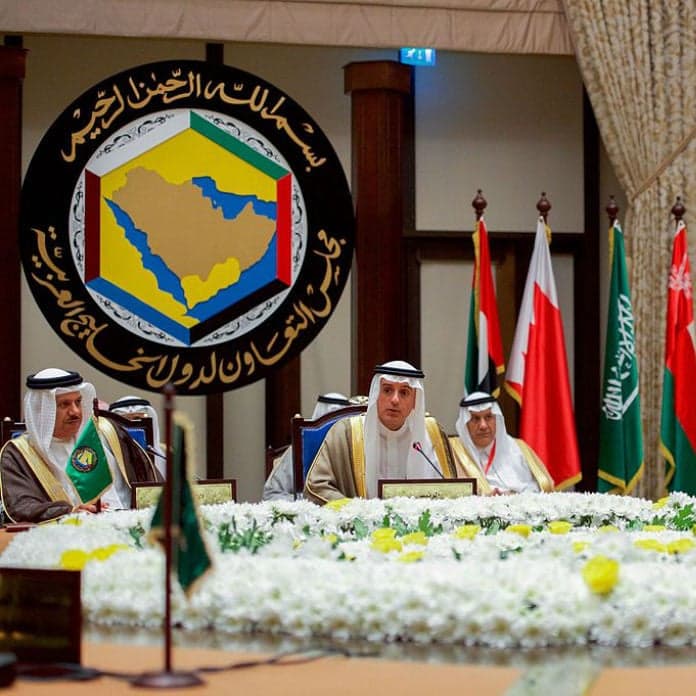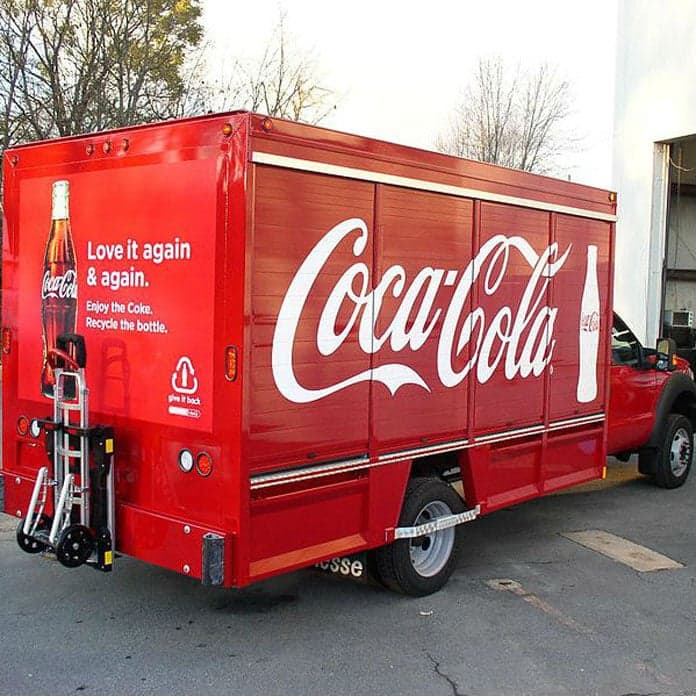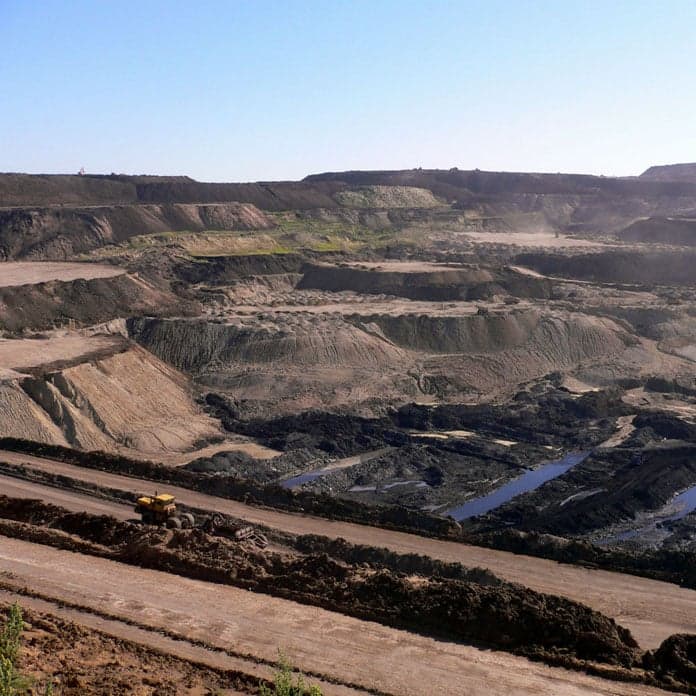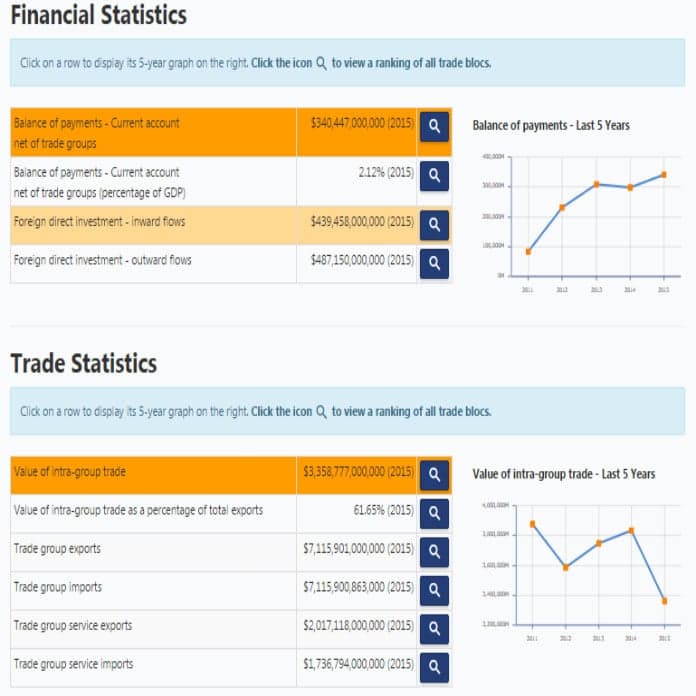Westinghouse Electric Company, a nuclear power developer based in the United States, filed for bankruptcy on Wednesday. The company is struggling to account for its failed nuclear production projects while its main corporate partner, the Japanese parent Toshiba Corp, is suffering huge losses.
globalEDGE Blog Archive March 2017
Publish Date:
Established in 1988 as the National Association of Small Business International Trade Educators (NASBITE), NASBITE International is a nonprofit organization who aims at advancing global business practice, education, and training. NASBITE has been a leading organization that promotes an exchange of information and resources among global business education and assistance professionals. Among many others, NASBITE’s specialties include international trade, global marketing, small business administration, supply chain management, and professional development.
Publish Date:
The Russian economy has been hit hard by the global drop in oil prices, which began in the summer of 2014. Oil prices, once over $110, now sit slightly above $50. Oil exports are a vital component of the Russian economy and made up $250 billion of the country’s exports until the collapse in prices. Today, oil exports only amount to $60 billion, a 75% drop. To combat the reduction in oil exports, the Russian government has been working hard to build up the country’s agriculture industry. The government’s efforts, along with positive impacts from European Union sanctions, are beginning to make a difference and are shaking up the global dynamics of the agriculture industry.
Publish Date:
Inflation plays a major role in every economy in the world and measuring it is a very difficult issue for government statisticians. A variety of indices to measure inflation exist and each country picks the indices that are deemed relevant and measure it according to their own economy. Therefore, even if two countries use the same index, the basket of goods used to measure the index will include different items that are constantly revised and updated.
Publish Date:
On Saturday, March 25, 2017, MSU will host its 10th World Languages Day sponsored by CIBER. World Languages Day is a free, all-day conference for high school students, teachers, and parents. Each year, this event brings over 500 participants, presenters, and volunteers to campus to learn about language, culture, globalization, and general information about MSU. Participants choose from 75-85 sessions taught by MSU faculty, graduate students, and community members on a variety of topics such as:
- A taste of Thailand: Spices, sayings, and script
- Skål! Learn to celebrate like a true Viking
- The power of yoga
- Around the French-speaking world in 50 minutes
- And many more!
Learn more about World Languages Day and its variety of session offerings here.
Publish Date:
On March 29th, Britain is expected to formally trigger Article 50 of the Lisbon Treaty, which will open a two-year time window to negotiate the exact terms of the British exit from the European trade bloc. With all of the uncertainty surrounding what will become of the current free trade system between the United Kingdom and the rest of the European Union (EU), companies are taking a strong proactive approach to mitigate potential risk rather than waiting until 2019 to know the exact ramifications a post-Brexit trade deal will have on this business.
Publish Date:
Iron ore is one of, if not the, most used elements in the modern world. Iron is the most important part of the steelmaking process and about 98% of the world’s iron ore is used to make steel. It has a combination of strength and durability most metals cannot compare to. Because of this, in much of the world products that contain steel are seen almost everywhere, from small household appliances to cars and major construction projects.
Publish Date:
A memorable part of most people’s childhoods is learning how to ride a two wheeled bicycle. Now that skill is becoming a vital mode of transportation for many in Beijing, China. There are multiple start up apps running the main front of this business such as Mobike and Ofo. All one must do is download the app and it will locate the nearest bike. This service costs only 7 cents for a half hour and has taken off in Beijing. However not everyone is happy about the healthy, cheap new mode of transportation.
Publish Date:
Norway is officially the happiest country in the world. The United Nations recently published their World Happiness Report, which goes into detail regarding the factors that are measured to determine overall happiness of a country. Continue on to read about what makes Norway stand out, and where the United States stands in comparison.
Publish Date:
In part four of this week's trade bloc series, we explore ECOWAS.
As of February 25, 2017, Morocco has become the latest African country to request to officially join the Economic Community of West Africa States (ECOWAS). ECOWAS was created in 1975 to increase economic and political stability among its members. If accepted, Morocco will become the 16th member of the West African bloc. According to sources, the decision was made by the need for Morocco to crown the strong political, human, historical, religious and economic ties at all levels with ECOWAS member countries. Although not formally a member, Morocco has maintained close relations with the ECOWAS for several years.
Publish Date:
In part three of this week's trade bloc series, we are taking a look at CEFTA.
Historically, the Visegrad Group, Czech Republic, Hungary, Poland, and Slovakia, were at the cross roads of trade in Central Europe. The Central European Free Trade Agreement (CEFTA) was initially established in December 1992 as a free trade agreement by the Visegrad group, with the goal of eventually further integrating into political, economic, legal, and security of institutions in Western Europe. Currently, Albania, Bosnia and Herzegovina, Macedonia, Moldova, Montenegro, and Kosovo are parties to the CEFTA agreement. Due to changes of the agreement in 2006, memberships are ended once member states of CEFTA are accepted into the European Union, and Balkan states are now covered by CEFTA.
Publish Date:
In part two of this week's trade blocs series, we are taking a look at the Gulf Corporation Council.
Morocco is turning to the Gulf Corporation Council (GCC) as its trade relationship with the European Union takes an unexpected turn. The relations between the European Union (EU) and Morocco began to deteriorate when the European Court ruled that a farm trade accord did not apply to Morocco’s Western Sahara territory. Soon after, Morocco began to make ties with the GCC in order to diversify its markets away from the EU, its main trading partner.
Publish Date:
This week, the globalEDGE blog will be taking a look at various trade blocs around the world, focusing on smaller blocs you might not have heard of. Following the end of World War II, trade agreements became common throughout much of the world. European states began to look for ways to increase trade between themselves, states in South-East Asia saw cooperation as a way to increase economic growth among all members, and Arab nations looked to unify to better market their natural resources. Trade agreements can help smaller countries have more of a say in the global economy, and help encourage exporting for local businesses.
Publish Date:
Global interest rates are one of the several factors that can drive merger and acquisition activity in 2017. The London Interbank Offered Rate (LIBOR) is connected to the United States Federal Reserve Bank’s short-term rate, which plays a role in determining the debt financing rate. If the LIBOR rises, it would make it costly for companies to borrow money, leading to less being paid for acquisitions, however, a gradual rise would soften the material impact of rising rates.
Publish Date:
South Korea has been under tremendous pressure as tensions increase due to China’s boycott of South Korean products, North Korea firing missiles, and the United States insisting that South Korea increase its defense. Recently, North Korea has been testing ballistic missiles and firing them near Japan and South Korea, and this has many countries concerned with their defense systems. The U.S. argued that Terminal High Altitude Area Defense (THAAD), “an American missile defense system designed to shoot down short and intermediate range missiles in the terminal phase”, was needed in South Korea to protect the country from the North. Therefore, Seoul's government agreed to increase its defense system and install THAAD on its soil.
Publish Date:
When experts study the economic effects of migration, the amount of money expatriates send back to their homes plays a key role in some countries. These transactions are commonly referred to as remittances, and they represent a major international financial resource in the world and a mean to reducing poverty in the developing world. Remittances also create positive spillover effects, such as improving health, education, and gender equality.
Publish Date:
On March 1, over 1.5 million shopkeepers in the southern Indian state of Tamil Nadu started a mass boycott of Coca-Cola and Pepsi products, pulling the beverages off their shelves and replacing them with domestic soft drink brands. All of the involved vendors are members of the Tamil Nadu Traders Association, a retailers organization that directed the boycott toward United States-based soft drink brands. The Association cited two primary reasons for the boycott: PepsiCo and The Coca-Cola Company's exorbitant use of the area's groundwater, and the continued "meddling" by American organizations in Indian traditions.
Publish Date:
Mongolia is in the midst of a debt crisis, and this week it was announced that the troubled country would receive a $5.5 billion international bailout. The loan will be financed by a collection of entities, including the Asian Development Bank, the World Bank, Japan, South Korea, and China. Mongolia’s struggles are recent, but came swiftly. After growing an incredible 17% in 2011, the country quickly fell into cash problems. China’s economic slowdown was a major factor in the economy’s collapse, along with falling commodity prices, a backbone of the Mongolian economy.
Publish Date:
Are you interested in learning more about the value of imports, exports, and FDI flows of each trade bloc? Financial and trade statistics for all the trade blocs have been updated on globalEDGE. You can browse each trade bloc and learn more about the total amount of intra-trade, the value of exports/imports, FDI inflows and outflows, and the balance of payments of each trade group. By clicking any row of data, you can display a graph of the 5 most recent years of data available, in order to view any short to medium-run trends. Also, you can view where each trade block ranks compared to the rest by clicking on the magnifying glass icon next to the data. Check out the updated European Union statistics page!



